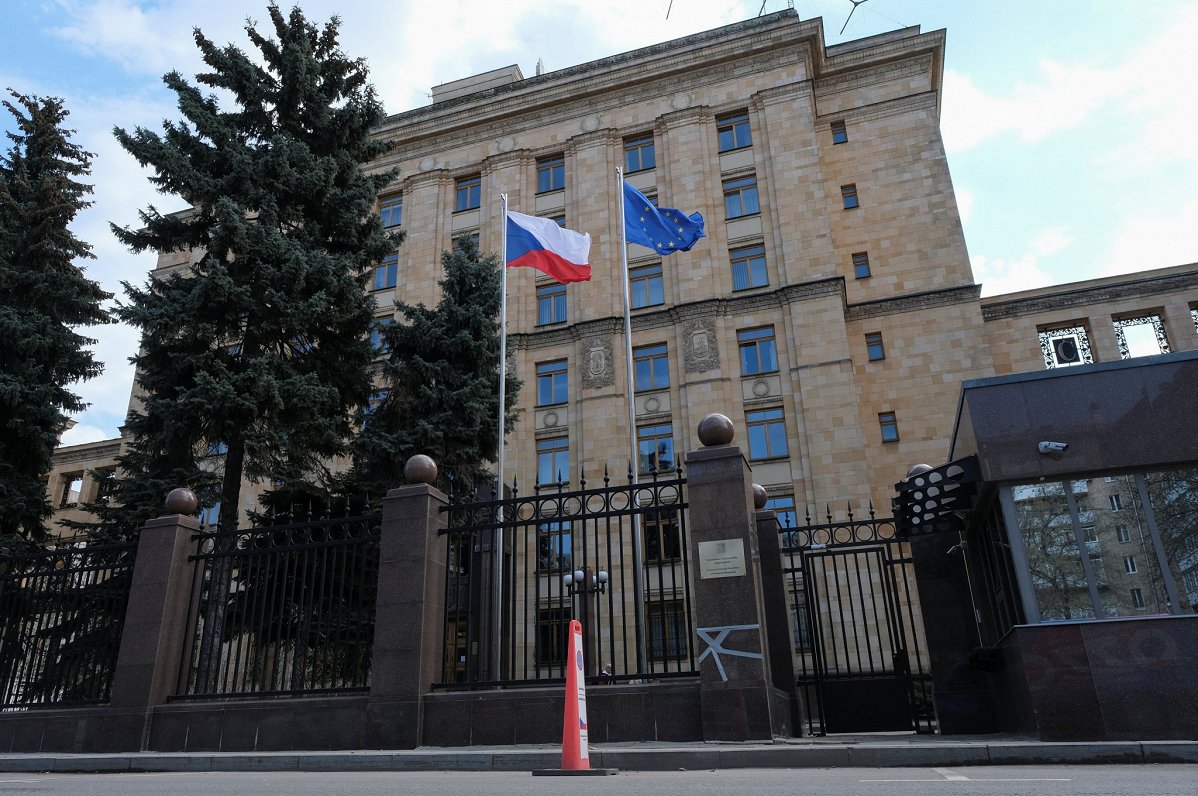It works with artificial intelligence sensors that analyze a person’s breath.
The test results for the genus can be given in as little as three minutes.debt:Getty
However, the inclusion of genos in Indonesia is not without criticism.
Pandu Riono, an epidemiologist at the University of Indonesia, said the developer claims that COVID-19 can be detected only two days after exposure to the virus, while other tests cannot be carried out until four days after infection.
Asked about its accuracy, he said it was “dangerous” because the Indonesian virus has infected more than 1.6 million people and killed more than 43,000, out of frustration.
–
“That only became our concern at the time [to detect the virus two days after transmission], “Said Riono. “The problem is, these claims have never been verified. And what confuses me is the Covit-19 task force allowed it. “
With millions of people in the world’s most populous Muslim-majority country usually returning home to mark the end of Ramadan, Indonesia is banning domestic travel to Eid next month, leading to the expansion of rapid respiratory tests for the virus.
A spokesman for Indonesia’s Health Ministry said Vidyavati had been approved for a breath test, but “only for screening purposes.”
“According to WHO [World Health Organisation], PCR test and rapid antigen test can only be used for diagnosis, “said Vidyavati.
Indonesian Ministry of Transportation spokesperson Adita Irrawaddy said tests had been carried out on around 700,000 people in the past two months.
–
He said some of the results were affected because people didn’t fast 30 minutes before the test.
 –
–Indonesian Muslims wear protective masks during the holy month of Ramadan.debt:Getty
“If there is information from the field that is inaccurate, I don’t think there is a test method that provides 100 percent efficiency,” said Irrawaddy.
“There is a condition in taking the GNOS test… You must not eat or drink 30 minutes before the test. We received reports from operators, some were dishonest about this. They say they didn’t eat or drink before the test, but when the results are positive, GNOS 30 per test. They claim to eat or drink within minutes.
The developer said the test was 93 to 94 percent accurate, following a clinical trial involving 1999 people in Yogyakarta last year.
–
Diane Kesumapramudi, one of the two researchers developing a COVID-19-free generator in Indonesia, was struck by questions about the effectiveness of the genus and its release process.
“I am confused why some say our research is not open. I gave many speeches before PTU. [the Association of Indonesian General Practitioners], ”He said.
“Since December I have spoken everywhere about our research. In normal times, the practice is to advertise your research first [in scientific journals] You can start production once you get a patent. But we’re not in a normal state.
Load
“I have repeatedly said that we start with a verified health check. Evaluation starts when we submit our program. The teams that test our proposals and clinical trials come from various universities. They are not competent experts in their fields. . They are competent experts in their respective fields. “
–
Paul Griffin, a professor of epidemiology at the University of Queensland, says speed usually comes from a loss of accuracy in such testing.
“There is experience in this kind of testing,” he said. “I’ve actually been involved in some respiratory tests for malaria, and they seem to be working pretty well. “But what is clear is that whenever we use a faster and less aggressive test, it always comes at the expense of test performance,” Griffin said.
“Therefore, it does not mean that it is useless, we will interpret the results in an appropriate context. If this was a rapid screening test, for example, I think it might be of much use to improving routine laboratory protocols. “
–
Chris Barrett is the Southeast Asia correspondent for The Sydney Morning Herald and The Age.
–
Karuni Rombies is the Indonesian correspondent for the Sydney Morning Herald and The Age.
–


